As the director of Mi Families I work with kids and I work with adults – who work with kids (as parents or caregivers or teachers…). I also work with tweens/teens through babysitting and child-development courses. During child development courses, provider trainings, parent workshops and parent/teacher conferences I’m often asked what to do if a child is showing red-flags for developmental delays/disabilities. The answer depends on the situation.
If I tried to answer what to do in all the situations I’ve been asked about – this article be too long. If I tried to answer for even one situation the answers would be many. However, there is one area I’m most often asked about – language and literacy development. I provide developmental services for children who are behind (or ahead) in all areas – but I’m most often am asked to help in areas of speech, comprehension, reading, writing…
Throughout our lives we continue learning different subject matters and different skills. Some learning takes time and effort, while other abilities come naturally. The thing to remember is that everyone has natural talents, strengths and interests that can help them learn tasks that are more challenging. Everyone has areas that are challenging, areas they struggles with, areas that can be “labeled” as a delay or disability.
Everyone could be given a label in an academic, medical, physical, or emotional area. Too often we focus on labels for what one can’t do – instead of what one can do. Even if someone has language/literacy struggles they are labeled for – we must not discount the ways they try and communicate their needs, wants and ambitions. Language labels are often given early to kiddos who simply need someone to help them catch up on communication.
Language development starts with babies listening from inside the womb and later finding their voice as a baby. Babies grow into toddlers who are learning how to walk and talk at rapid speeds – mimicking your movements and words. As toddlers start to interact with other toddlers it’s obvious who is more mobile and who is more talkative. Often tots who are ahead in one area of development are behind in others.
All people, infants to adults, have area’s they excel at and area’s they struggle in. If we all had the same abilities – what a boring world this would be. Having different abilities and interests leads to people serving through different careers. Different interests lead to authors writing about different topics for us to read about. I love the quote that “everyone is a reader… some just haven’t found their favorite book yet.”
Reading development comes after learning to talk, after being read to… after comprehension skills… then writing… Language delays can lead to literacy delays later. I’m a huge advocate of early intervention. I have seen intervention help my own children and children I work with. I often feel we label “disabilities” too early, when it’s just a “developmental delay” in an area that one needs some extra practice and encouragement in.
In my child care, tutoring and homeschool classes I offer lots of time for students to practice skills, while encouraging individual efforts. Through multi-stage before age curriculums many activities are open ended so tots to tweens can work on similar themes at their own level. Last week we focused on Earth Day activities as we dove into our spring studies. This week we have been learning about creatures that help the earth – like bees, birds and butterflies.
Kids are curious about the world around them so I attempt to prepare learning environments indoors and outside encouraging learning exploration. I also use hands on curriculums, such as Mother Goose Time, that present themes for preschoolers – which younger peers can be introduced to concepts through and older students can expand on. For example – as some painted worm pictures, others went on a worm hunt and some researched worm-work.
“Reading for research” is a subject my students love to do, because through unit studies they become excited to learn more. Building a love for learning is my goal for all students. When we make learning fun they want to learn and grow throughout all subjects and skills. When we turn speech therapy into a fun process of social play they want to participate. When we turn stories into magical worlds they want to listen, then read, then write themselves.
If you’d like ideas on encouraging education for your children or would like to enroll your child for summer school tutoring/care programs email Christi@MiFamilies.com. If you’d like more information on our programs for all ages visit www.MiFamilies.com. Information on the curriculum mentioned (and many materials pictured) can be found at www.MotherGooseTime.com.
PS: CLICK HERE for our May 2018 (2)schedule/menu. Our summer schedule starts next month!!! So enroll now

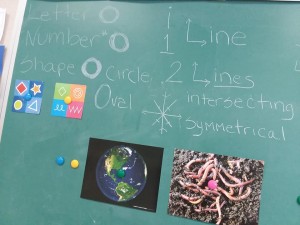
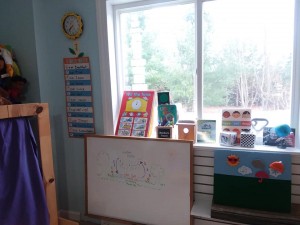
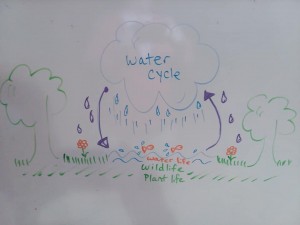
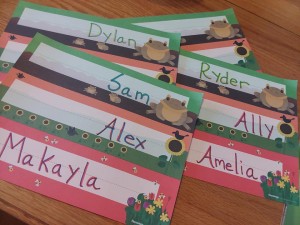
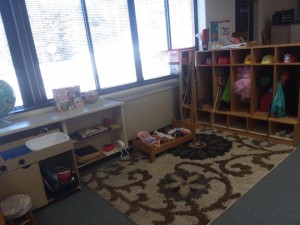
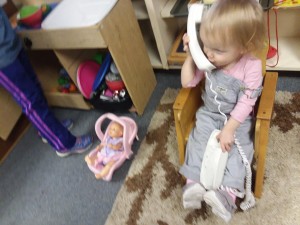
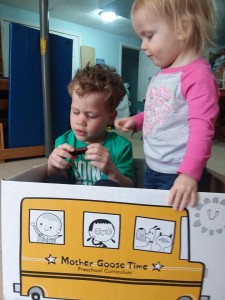
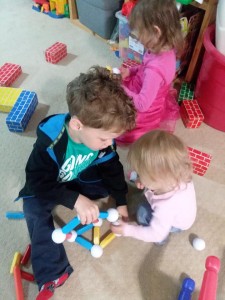
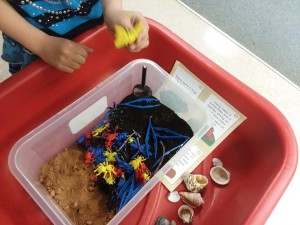
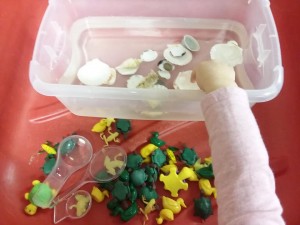
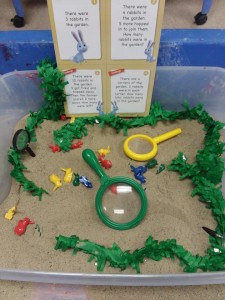
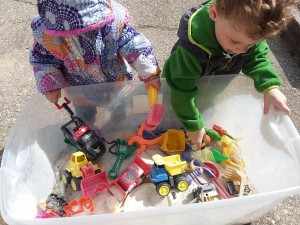
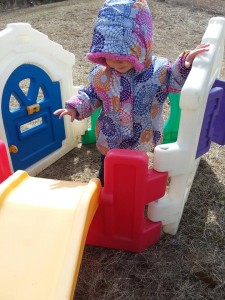
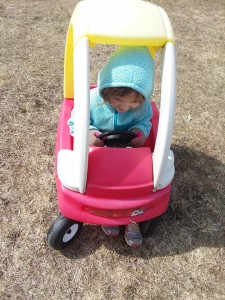
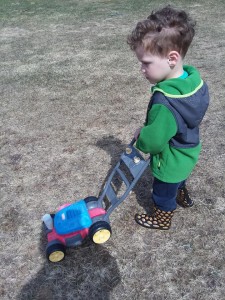
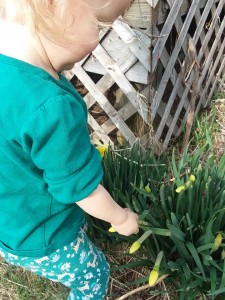
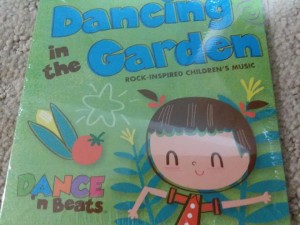
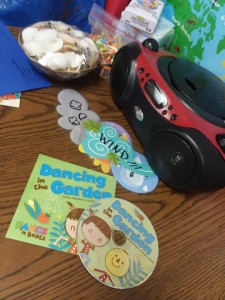
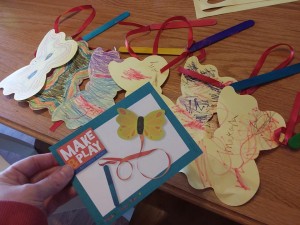
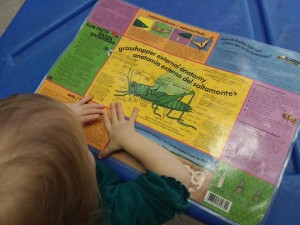
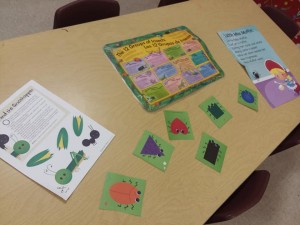
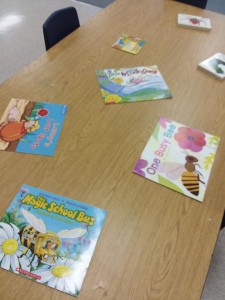
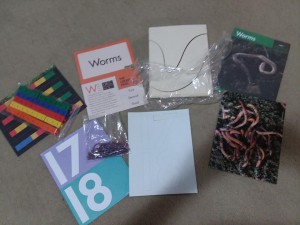
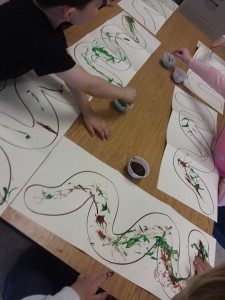
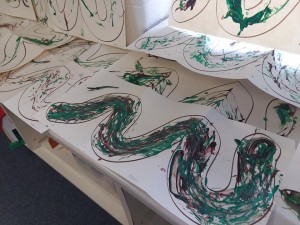
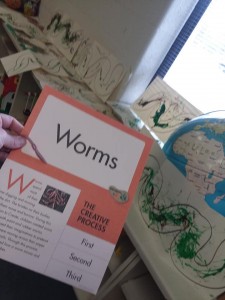
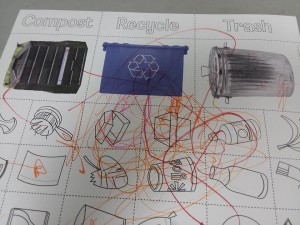
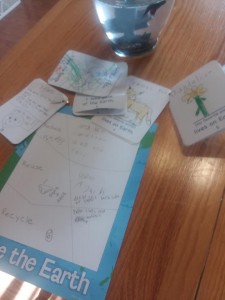
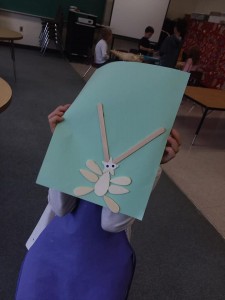
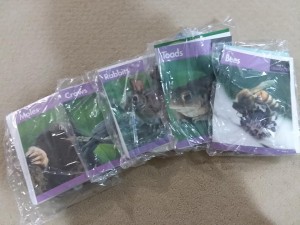

Leave a Reply